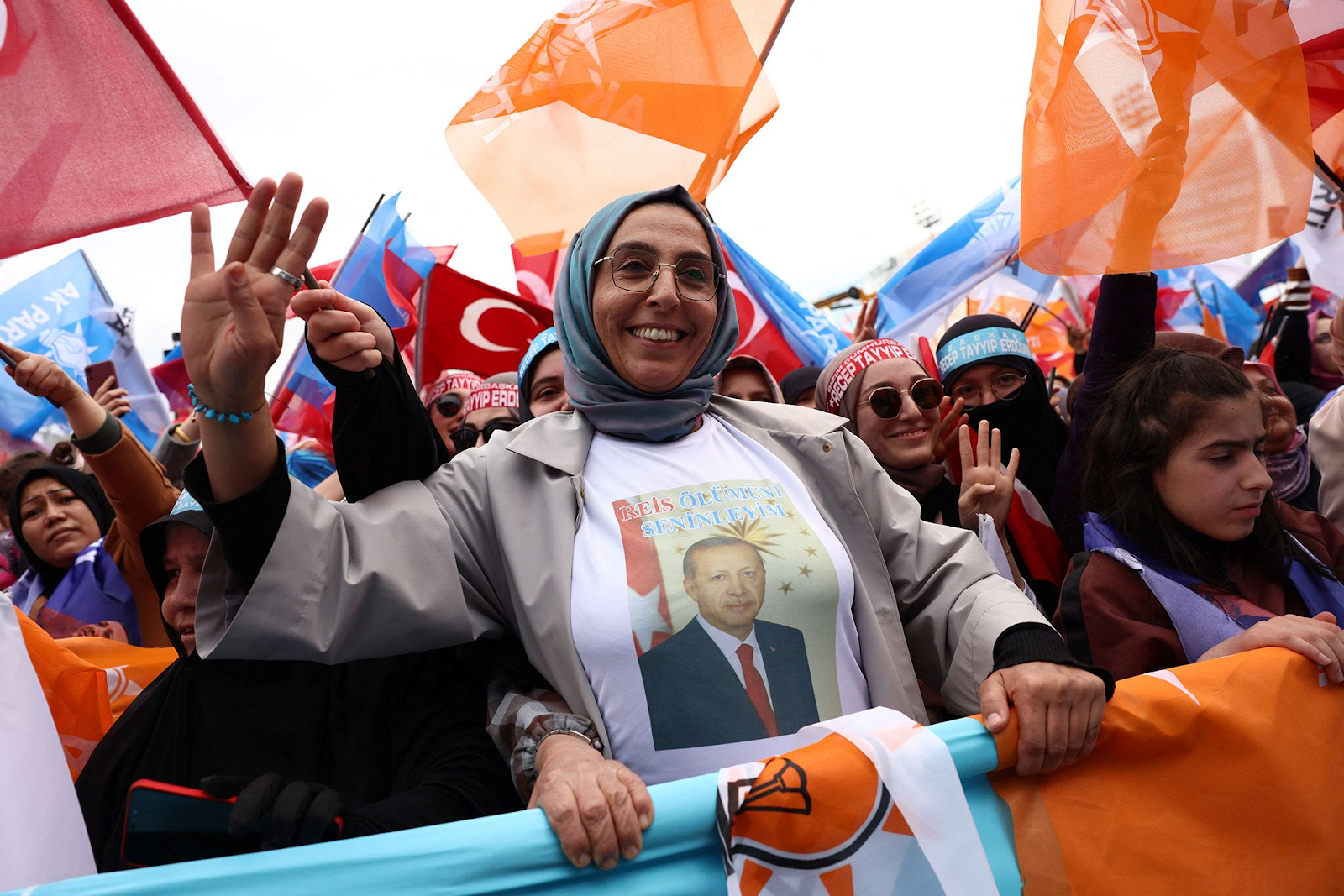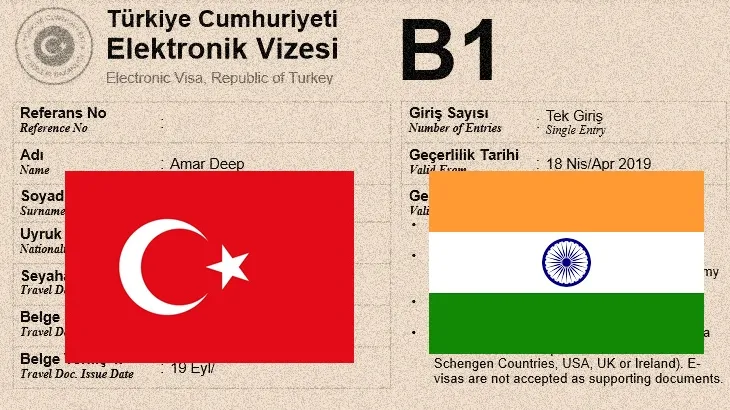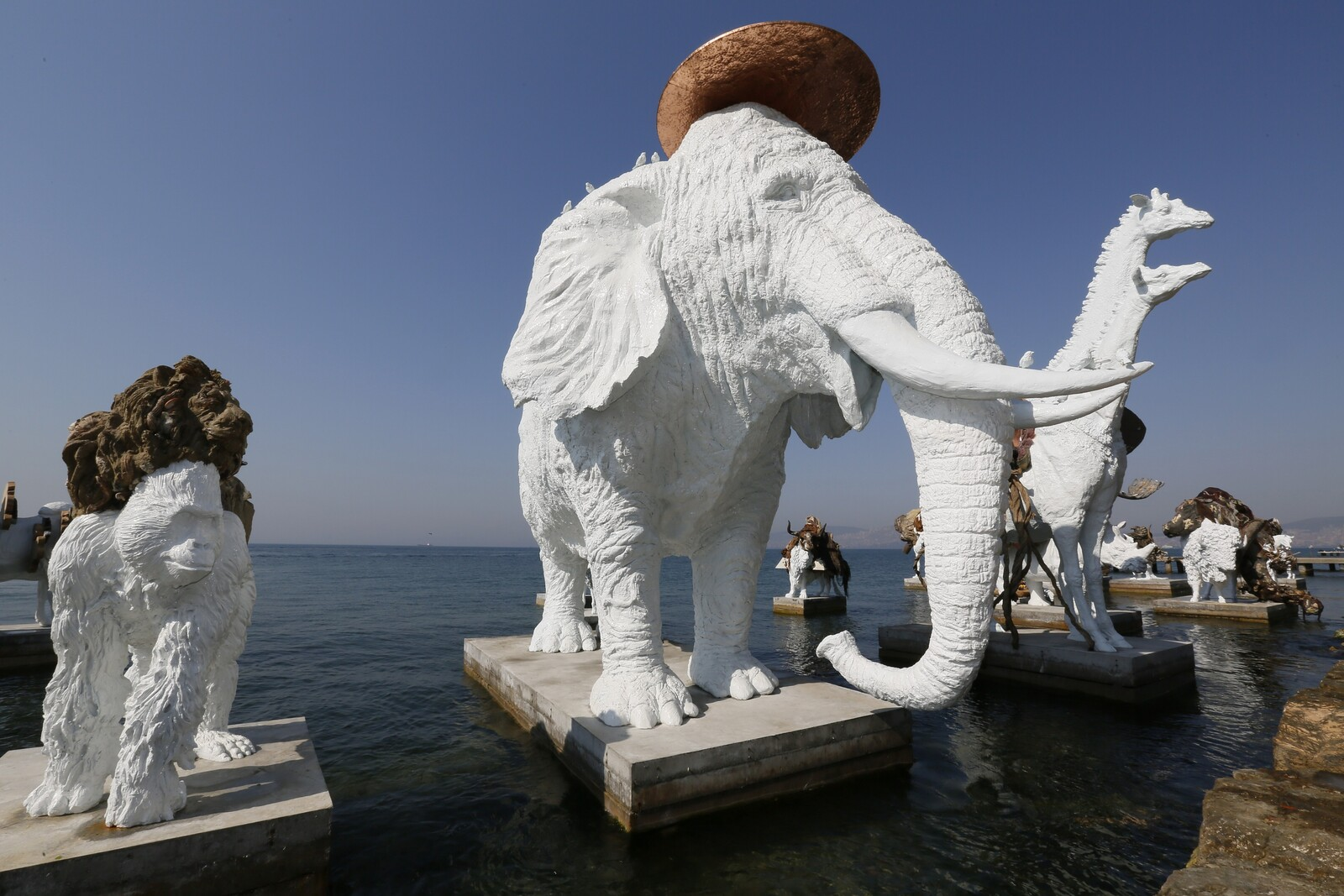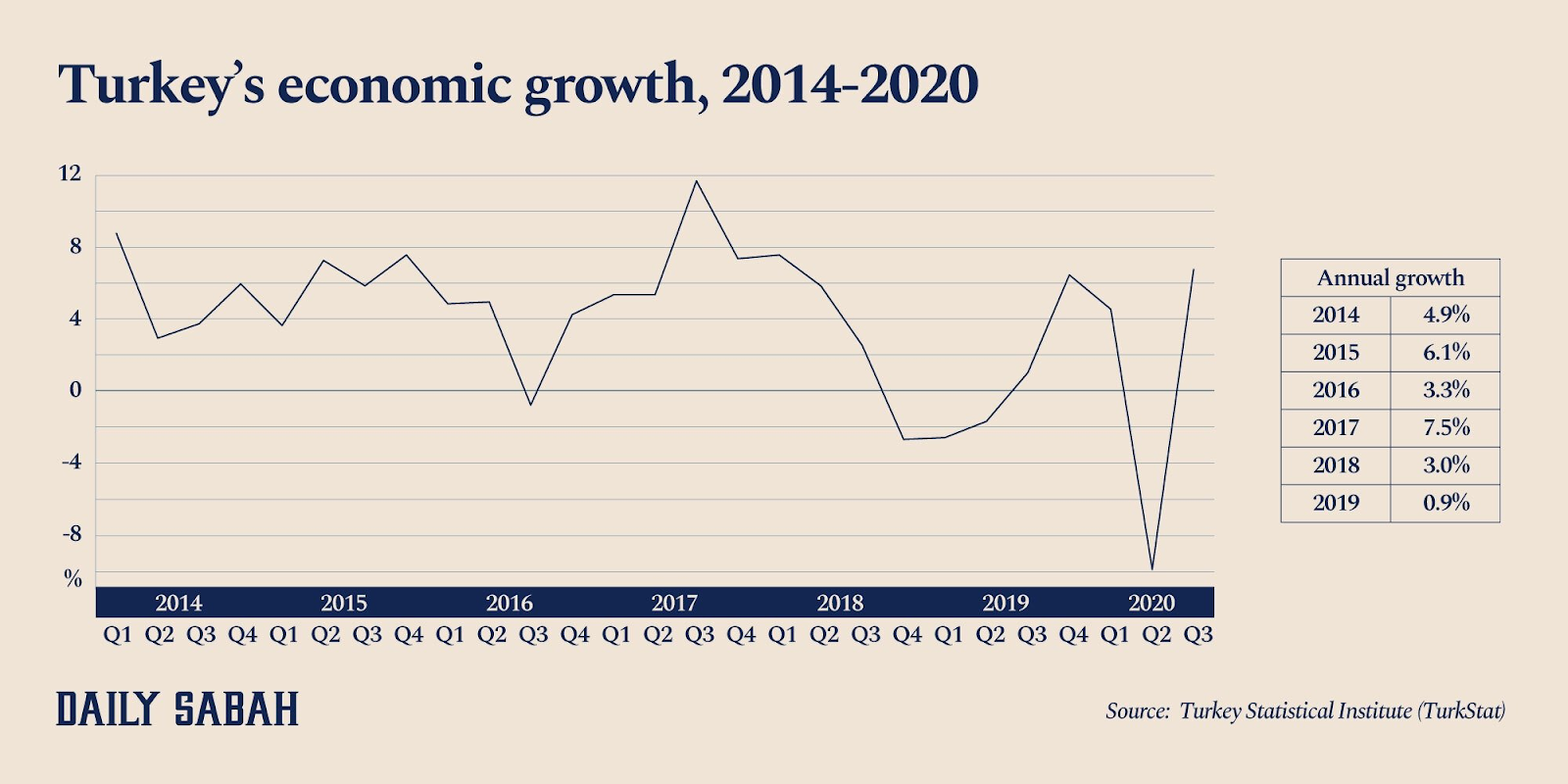Turkey Prepares for Local Elections Amid Political Upheaval

Turkey is gearing up for local elections scheduled for March 31, 2024, against a backdrop of significant political upheaval and economic turmoil. The upcoming election will see the ruling Justice and Development Party (AKP) and its coalition partner, the Nationalist Movement Party (MHP), facing a strong challenge from the opposition, led by the Republican People's Party (CHP) and several smaller groups.
Political Context
This election is particularly crucial as the AKP experienced substantial losses in previous local elections, raising doubts about President Recep Tayyip Erdoğan's ability to maintain power. Following the parliamentary and presidential elections in 2023, Erdoğan's party narrowly retained control despite the ongoing crisis, but the opposition is steadily gaining strength.
Özgür Zer, the new leader of the CHP, aims to bolster the party's position by winning major cities such as Istanbul and Ankara, which are vital for both political and financial control. Recent municipal elections demonstrated the potential for opposition leaders Ekrem İmamoğlu and Mansur Yavaş to influence future presidential elections.
Economic Challenges
Turkey is currently grappling with soaring inflation and a rising cost of living, significantly impacting the middle and lower classes. Reports indicate that by 2024, a majority of the population could be living below the poverty line, leading to widespread discontent with the ruling party. Complaints about the election of controversial candidates have further exacerbated voter frustrations, with many feeling their voices are not being heard.
The AKP, which has governed Turkey for over two decades, faces a serious electoral challenge. Analysts contend that Erdoğan’s recent economic reforms, such as raising interest rates to combat inflation, may not be sufficient to regain voter trust after years of dissatisfaction regarding currency management.
Candidate Profile
Ekrem İmamoğlu (CHP): The re-elected mayor of Istanbul is viewed as a unifying figure who has garnered support from diverse communities, including Kurds and other marginalized groups. His election success in Istanbul poses a significant challenge to Erdoğan’s political authority. İmamoğlu's governance and welfare initiatives have enhanced his popularity, positioning him as a likely contender against Erdoğan in future presidential elections.
However, while the CHP demonstrates continuity, it may lack the strength needed to effectively counter the opposition.
Implications of the Elections
A strong performance by the CHP in the local elections could galvanize the opposition, signaling a shift in public opinion away from Erdoğan's longstanding rule. This outcome would likely encourage increased participation from opposition groups in upcoming elections and stimulate social welfare programs aimed at alleviating poverty.
As tensions within the ruling party intensify, a reassessment of strategy may be necessary. Voter responses to ongoing economic challenges and political discontent will be pivotal. The results of this election cycle will not only influence the capital's governance but also set the stage for future national elections.
This election could mark a turning point in Turkey's political landscape, with the opposition poised to emerge with renewed energy, ready to capitalize on the dissatisfaction of voters.







